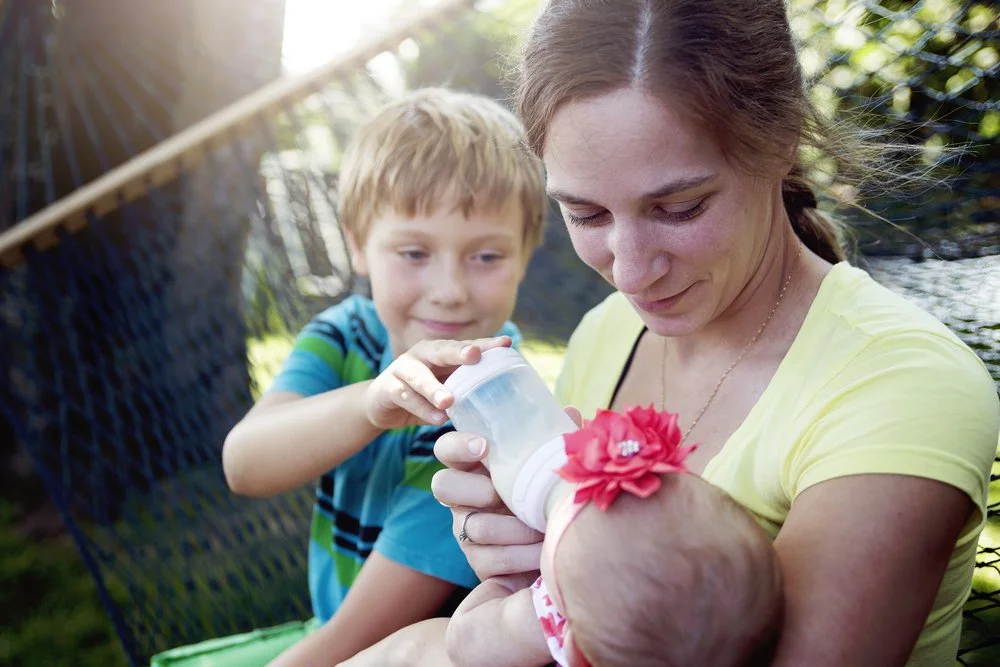6 Steps to Getting Help for Depression During Pregnancy
You are not alone, and you can feel better
Up to 15 percent of pregnant women experience depression. That's almost as many women who develop postpartum depression. Treating depression in pregnancy is not only possible, it's critically important for you and your baby. You deserve to feel better during pregnancy and that can actually benefit your developing baby's health and lower your risk for postpartum depression. So take care of both of you by getting the help you need. You can and will feel better.
Start the conversation early. If you have a history of depression, talk with your OB or midwife early in your pregnancy (or, if possible, before you conceive). Ask for a list of mental health professionals with expertise in prenatal and postpartum depression, just in case you need them.
Get answers. Samantha Meltzer-Brody, MD, director of the Perinatal Psychiatry Program at the Center for Women's Mood Disorders at the University of North Carolina in Chapel Hill recommends that pregnant women who may be experiencing depression take the Edinburgh Postnatal Depression Scale (EDPS). Even though it is designed to diagnose postpartum depression, answering these ten simple questions is a reliable way for you and your doctor to find out if you are suffering from depression during pregnancy.
Go with your gut. Just like you know when a headache doesn't feel right, trust your instincts that say an emotion doesn't feel right, says Meltzer-Brody. If you start thinking, "this is a significant departure from how I usually feel and it is impacting my life in a significant way," that's a sign it's time to get help.
Get help. Bring your EDPS score to your next appointment and discuss it with your doctor or midwife. You can also call Postpartum Support International's warmline or the Postpartum Stress Center. These organizations also offer support for depression during pregnancy and can help you find a local organization or mental health professional.
Don't give up. If your doctor or another care provider dismisses your concerns, get another opinion. Don't stop until someone takes you seriously.
Ask for support. "Family support is critically important for women suffering from depression during pregnancy," says Meltzer-Brody. Your friends and family can be there for you when you ask for professional help, and they can help you with the treatment plans and lifestyle changes that will keep you on the road to recovery.











